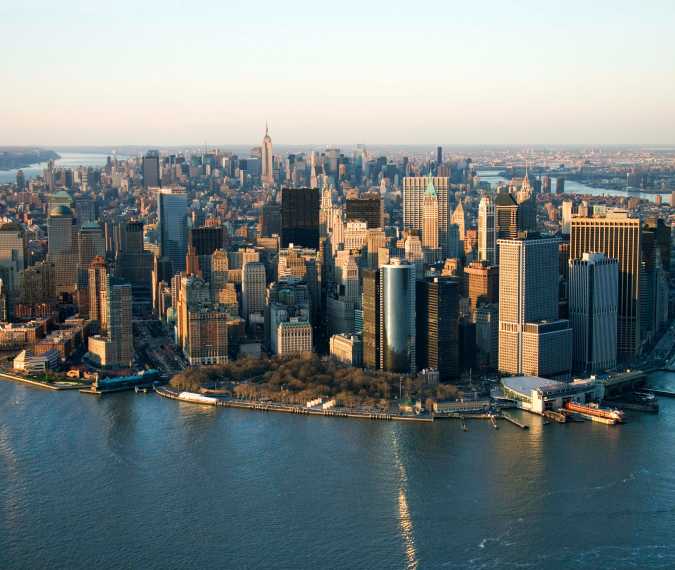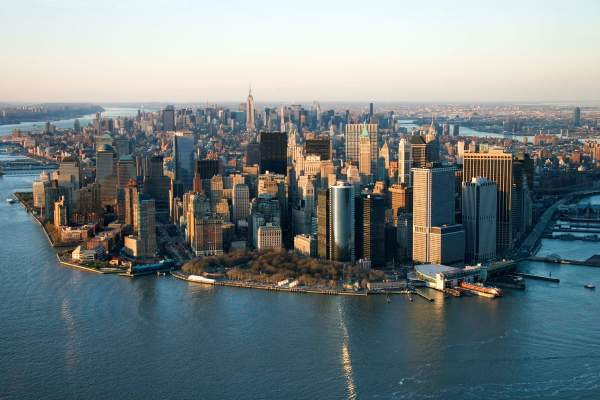
NYC Airbnbs can no longer host more than 2 guests
The landscape of short-term rentals in New York City has dramatically shifted, driven by the enforcement of Local Law 18. This stringent regulation has led to the disappearance of thousands of Airbnb listings, drastically altering how visitors can experience the city.
The Emergence of Local Law 18
In September, New York City began enforcing Local Law 18, a new set of rules regulating short-term rentals. This law, officially known as the Short-Term Rental Registration Law, requires all short-term rental properties to register with the Mayor's Office of Special Enforcement (OSE). The enforcement of this law has already had a significant impact on the availability of Airbnb properties in the city, with over 7,500 listings vanishing from the platform.
Local Law 18 was introduced as a response to New York City's ongoing housing crisis, which the city believes has been exacerbated by the proliferation of short-term rentals. The law is part of a broader effort to address rising rents and preserve housing availability for long-term residents. By imposing stricter regulations on short-term rentals, the city aims to curb the adverse effects these rentals have had on the housing market, including driving up rental prices and reducing the supply of affordable housing.

Photo: unsplash.com
Key Provisions of Local Law 18
The law mandates several conditions for short-term rentals to be legal:
1. Host Presence Requirement: The host must be in the same unit during the guest's stay. This means that entire apartments or homes can only be rented out if the host is living on the premises at the time of the rental.
2. Guest Limitations: A short-term rental can accommodate no more than two guests at a time. This significantly restricts the potential market for short-term rentals, particularly for families or groups larger than two.
3. Minimum Stay Requirements: Entire apartments or homes can be rented for up to 30 days. This rule effectively eliminates the possibility of renting entire units for short stays, a common practice among Airbnb hosts.
4. Registration with OSE: All short-term rentals must be registered with the OSE. Booking platforms like Airbnb are prohibited from processing payments for unregistered properties, making it impossible for unregistered hosts to operate legally.
The enforcement of Local Law 18 has sharply declined the number of available Airbnb listings in New York City. With over 7,500 properties removed from the platform, visitors' options for short-term rentals have become significantly limited. For hosts, the new regulations have created substantial challenges, as many have been unable or unwilling to meet the strict requirements set forth by the law.
Since the law took effect, compliance has been a significant hurdle for many hosts. According to reports, only 22% of the short-term rental applications submitted to the OSE have been approved. This low approval rate suggests that many hosts need help to meet the new requirements, decreasing the number of legal short-term rentals available.
Local Law 18 marks a significant shift in the regulation of short-term rentals in New York City. While the law aims to address critical issues related to housing availability and affordability, it has also created new challenges for both hosts and visitors. The disappearance of thousands of Airbnb listings and the stricter requirements for operating a short-term rental in the city represents a new era in New York's approach to this housing market segment. As the city continues to enforce these regulations, the full impact of Local Law 18 will become more apparent, shaping the future of short-term rentals in one of the world's most iconic cities.
For more details about Local Law 18, see here.


